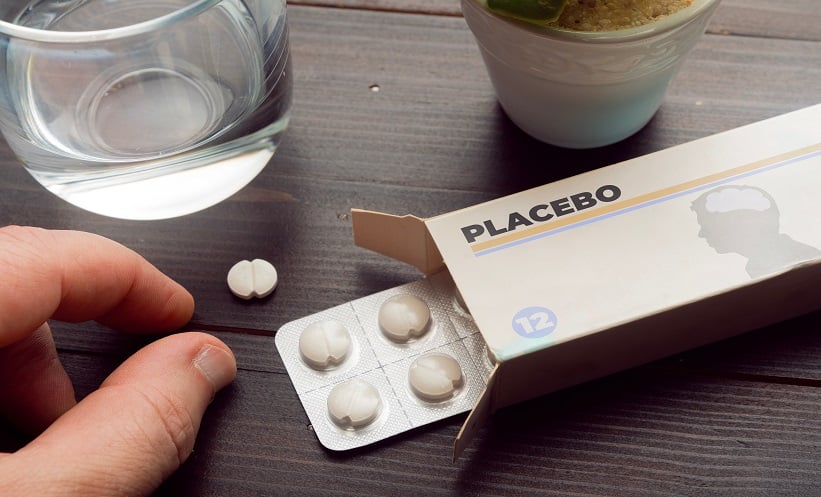PRESENTED at the ACR Convergence 2024, new research highlighted how changing global recruitment patterns influence placebo response rates in clinical trials for psoriatic arthritis (PsA). The study was led by Andreas Kerschbaumer, Medical University of Vienna, Vienna, Austria. The team hypothesized that increasing participation from less affluent countries correlates with rising placebo response rates, potentially affecting trial outcomes and treatment strategies.
Using data from over 50 randomized controlled trials conducted between 1996 and 2019, researchers found a significant rise in placebo responses over time, marked by an ACR20 placebo response estimate increase of 0.92% per year. Recruitment areas have expanded from initially covering only North America to an increasing global recruitment over time.
The study also used world bank data on the per capita gross national income of each recruiting country. They showed that lower gross national income in recruitment regions is associated with higher placebo rates, decreasing by 5.22% per 10,000 international dollars of normalized gross national income. Researchers suggest that limited healthcare access in less affluent areas could drive patients to participate in trials, enhancing regression-to-the-mean effects and inflating placebo responses.
These findings carry implications for sponsors, investigators, and policymakers in ensuring reliable trial designs and equitable healthcare access. Adapting strategies to account for geographic variability in placebo effects could improve the validity and applicability of PsA clinical trial results.
Reference: Kerschbaumer A et al. Global Recruiting Patterns Are Associated with Placebo Response Rates in Clinical Trials of Psoriatic Arthritis. Abstract 0772. ACR Convergence 2024, November 16-19, 2024.








